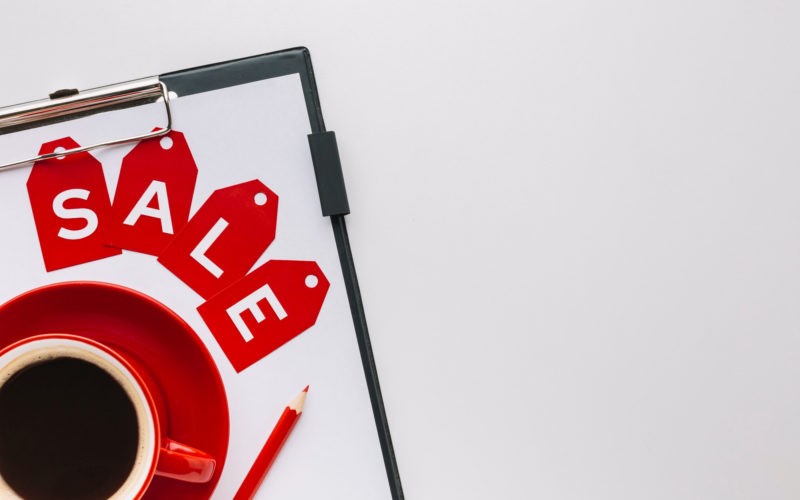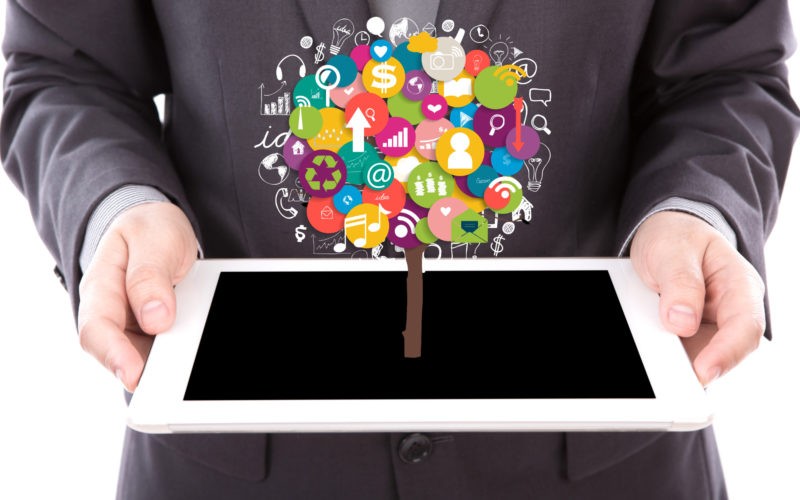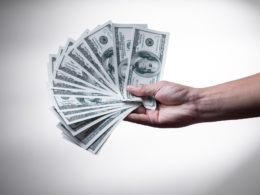Why do nine out of ten smartphone users still hunt for digital coupons before making purchases? The answer reveals surprising insights about modern consumer behavior. Recent data shows that 88% of U.S. consumers use coupons for shopping (Statista, 2020), with over 90% of digital coupon users accessing them via smartphone (eMarketer, 2022).
The way people find these deals has evolved significantly, with nearly 50% of consumers now discovering coupons via brand emails and online searches (Statista, 2021), showing how deeply embedded coupons have become in our digital shopping habits.
The Psychology Behind Coupon Effectiveness
The enduring appeal of coupons goes beyond simple economic savings. Research reveals that coupons create powerful psychological responses that influence purchasing behavior in multiple ways. When consumers receive a coupon, it triggers a sense of urgency and exclusivity that can lead to quicker purchasing decisions. This “fear of missing out” (FOMO) often drives consumers to act faster than they might without a time-sensitive offer.
Moreover, the very act of using a coupon can enhance the overall shopping experience. Studies show that consumers who use coupons often report higher levels of satisfaction with their purchases, creating positive associations with both the shopping experience and the brand itself. This psychological boost can lead to increased customer loyalty and repeat purchases.
Key Psychological Triggers
- Creation of urgency through time-limited offers
- Enhanced shopping satisfaction and positive emotions
- Sense of exclusivity with personalized offers
The Evolution of Coupon Distribution
The digital revolution has transformed how businesses distribute coupons and how consumers access them. While traditional paper coupons haven’t disappeared entirely, digital platforms have opened new avenues for reaching consumers at the right time and place. Email marketing has emerged as a particularly effective channel, with brand newsletters becoming a primary source of coupon discovery for many consumers.
Location-based marketing adds another dimension to coupon distribution. Retailers can now send targeted offers to consumers when they’re near a store or browsing relevant products online. This real-time targeting capability has made coupons more relevant and timely than ever before.
Modern Distribution Channels
- Digital platforms (mobile apps, websites, social media)
- Traditional channels (direct mail, in-store displays)
- Email marketing campaigns
- Location-based services
Strategic Implementation for Business Success
Implementing an effective coupon strategy requires careful planning and execution. The most successful programs balance generous offers with sustainable business practices. Companies must consider not only the immediate impact on sales but also the long-term effects on brand perception and customer loyalty.
Data analytics plays a crucial role in modern coupon strategies. Major retailers like Target analyze redemption patterns to understand which offers work best for different customer segments. For instance, they might notice that young families respond better to weekend coupons for household items, while office workers prefer lunch-hour deals on ready-made meals. This data-driven approach helps companies fine-tune their promotions for maximum impact.
Essential Implementation Elements
Digital integration has become non-negotiable in today’s market. For example, Walmart’s mobile app automatically applies relevant coupons at checkout, while Amazon’s “Subscribe & Save” program combines regular delivery with standing discounts. These seamless experiences remove friction points that might otherwise discourage coupon usage.
Personalization represents another critical factor in coupon success. Nike’s membership program, for instance, sends personalized birthday discounts based on previous purchases — a running enthusiast might receive a coupon for performance shoes, while a casual wearer gets offers for lifestyle sneakers. This targeted approach not only improves redemption rates but also strengthens customer relationships.
Future Trends and Innovations
The future of coupon marketing lies at the intersection of technology and consumer psychology. Artificial Intelligence is already transforming how businesses create and distribute coupons, enabling more sophisticated targeting and personalization than ever before. Machine learning algorithms can predict which offers will resonate with specific customers, optimizing both timing and content.
Augmented Reality (AR) represents an exciting frontier in coupon marketing. Imagine pointing your smartphone at a product and instantly seeing available discounts and promotions. This technology could transform how consumers discover and interact with coupons, making the experience more engaging and interactive.
Privacy and Security Considerations
As coupon programs become more digitized and personalized, privacy and security concerns take center stage. Businesses must balance the benefits of data collection and personalization with robust consumer protection measures. Transparent privacy policies and secure handling of customer data are essential for maintaining trust in digital coupon programs.
Best Practices for Modern Coupon Programs
Creating a successful coupon program requires attention to several key elements:
- Clear Value Proposition: Every coupon should communicate its value clearly and immediately. Terms and conditions should be transparent and easy to understand.
- Strategic Timing: The timing of coupon distribution can significantly impact its success. Consider seasonal trends, competitive activities, and customer shopping patterns.
- Quality Control: Regular testing and monitoring ensure that coupons work as intended across all platforms and touchpoints.
Conclusion
The evidence is clear: coupons remain a powerful tool in the modern marketing arsenal. Their effectiveness lies in the unique combination of economic incentive and psychological motivation they provide. As technology continues to evolve, the ways businesses deliver and consumers use coupons will keep changing, but their fundamental appeal endures.
For businesses looking to succeed, the question isn’t whether to use coupons, but how to implement them most effectively. By understanding the psychological principles behind coupon usage and leveraging modern technology for distribution and tracking, companies can create coupon programs that drive sales while building lasting customer relationships.











